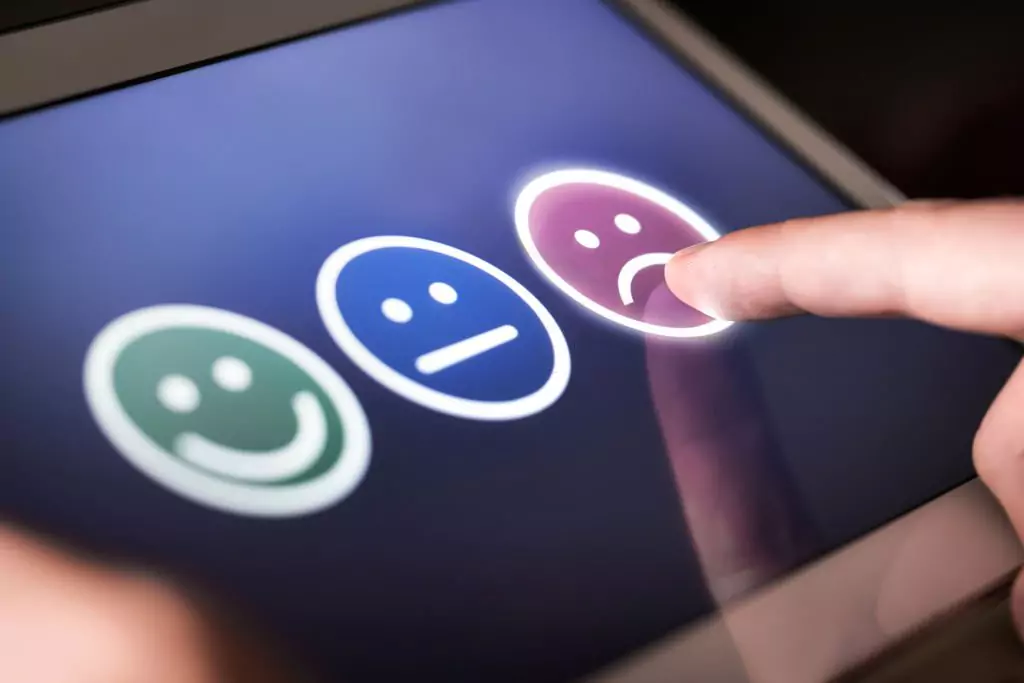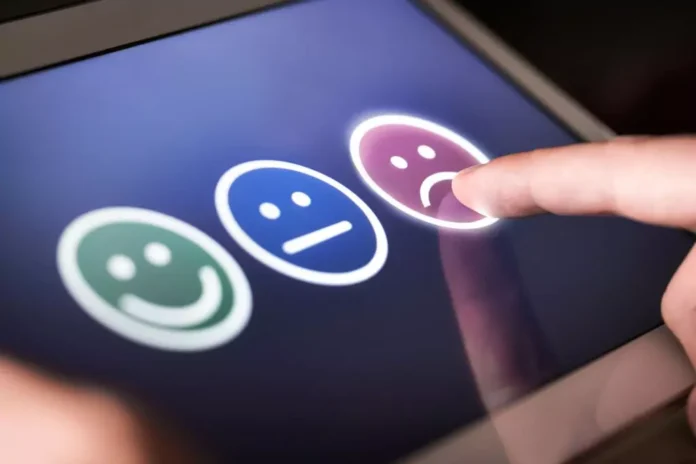Introduction: The Impact of Social Media on Society
Social media has become an integral part of our daily lives, revolutionizing the way we communicate, connect, and share information. Platforms like Facebook, Instagram, Twitter, and TikTok have transformed the way we interact with one another and have had a profound impact on society as a whole. However, with the rise of social media comes a host of challenges and concerns that need to be addressed.
It is important to discuss the social dilemma and its effects on our lives because social media has become so deeply ingrained in our society that it is difficult to imagine life without it. From the way we consume news and information to the way we form opinions and make decisions, social media has shaped our world in ways we may not even fully comprehend. By understanding the impact of social media, we can navigate the challenges it presents and find ways to use it responsibly.

The Addictive Nature of Social Media and Its Effects on Mental Health
Social media platforms are designed to be addictive. The constant stream of notifications, likes, and comments triggers a release of dopamine in our brains, creating a sense of pleasure and reward. This addictive nature of social media can have detrimental effects on our mental health.
Studies have shown that excessive use of social media is linked to feelings of loneliness, depression, anxiety, and low self-esteem. The constant comparison to others’ highlight reels can lead to feelings of inadequacy and FOMO (fear of missing out). Moreover, the curated nature of social media can create unrealistic expectations and distort our perception of reality.
To manage social media use and promote mental wellness, it is important to set boundaries and establish healthy habits. This can include limiting screen time, taking regular breaks from social media, and engaging in offline activities that bring joy and fulfillment. It is also crucial to cultivate a positive online environment by following accounts that inspire and uplift, and unfollowing those that trigger negative emotions.
The Role of Social Media in Shaping Our Perceptions and Beliefs
Social media algorithms play a significant role in shaping our online experiences. These algorithms are designed to show us content that aligns with our interests and beliefs, creating echo chambers where we are exposed to information that reinforces our existing views. This can lead to the formation of polarized communities and the spread of misinformation.
The impact of social media on our beliefs and values cannot be underestimated. It has the power to influence public opinion, shape political discourse, and even incite social movements. However, it is important to approach social media with a critical mindset and engage in fact-checking and verification of information. By diversifying our sources of information and seeking out different perspectives, we can avoid falling into the trap of confirmation bias and make more informed decisions.
The Spread of Misinformation and Fake News on Social Media
One of the biggest challenges posed by social media is the spread of misinformation and fake news. With the ability for anyone to create and share content, false information can easily go viral and reach a wide audience. This has serious implications for society and democracy.
Misinformation can lead to the erosion of trust in institutions, the polarization of society, and even the manipulation of elections. It is crucial for individuals to develop media literacy skills and be responsible sharers of information. Fact-checking before sharing, verifying the credibility of sources, and being aware of biases are essential practices in combating the spread of misinformation on social media.
The Influence of Social Media on Politics and Elections
Social media has fundamentally changed the political landscape. It has given politicians and political parties a direct line of communication with their constituents, bypassing traditional media channels. It has also provided a platform for grassroots movements and activism, allowing marginalized voices to be heard.
However, the influence of social media on politics and elections is not without its challenges. The spread of misinformation, the manipulation of algorithms, and the targeting of specific demographics can all have significant impacts on the outcome of elections. It is important for individuals to be critical consumers of political content on social media and to engage in responsible sharing and fact-checking.
The Privacy Concerns Surrounding Social Media Use
Social media platforms collect vast amounts of personal data from their users. This data is used to target advertisements, personalize content, and shape our online experiences. However, the collection and use of personal data raise serious privacy concerns.
There have been numerous instances of data breaches and misuse of personal information by social media companies. This has led to concerns about surveillance, identity theft, and the erosion of privacy rights. It is important for individuals to be aware of the privacy settings on social media platforms and to take steps to protect their personal information. This can include reviewing and adjusting privacy settings, being cautious about sharing sensitive information, and using strong passwords.
The Commercialization of Social Media and Its Impact on Consumerism
Social media has become a powerful tool for advertising and marketing. Influencers and brands use platforms like Instagram and TikTok to promote products and services, creating a culture of consumerism and materialism. The constant exposure to advertisements and the pressure to keep up with trends can have a significant impact on our spending habits and financial well-being.
To navigate the commercialization of social media, it is important to practice mindful consumption. This involves being aware of our own values and priorities, questioning the motives behind advertisements, and making conscious choices about what we consume. It is also important for brands and influencers to engage in responsible advertising practices, being transparent about sponsorships and promoting products that align with ethical and sustainable values.
Conclusion: Navigating the Social Dilemma and Finding a Balance in Our Digital Lives
The impact of social media on society is undeniable. It has transformed the way we communicate, connect, and consume information. However, it also presents a host of challenges and concerns that need to be addressed.
To navigate the social dilemma, it is important to find a balance between social media use and offline activities. This can involve setting boundaries, establishing healthy habits, and being mindful of our own well-being. It is also crucial to approach social media with a critical mindset, fact-check information, and be responsible sharers of content.
By understanding the impact of social media and taking proactive steps to use it responsibly, we can harness its power for positive change and create a healthier digital environment for ourselves and future generations.


